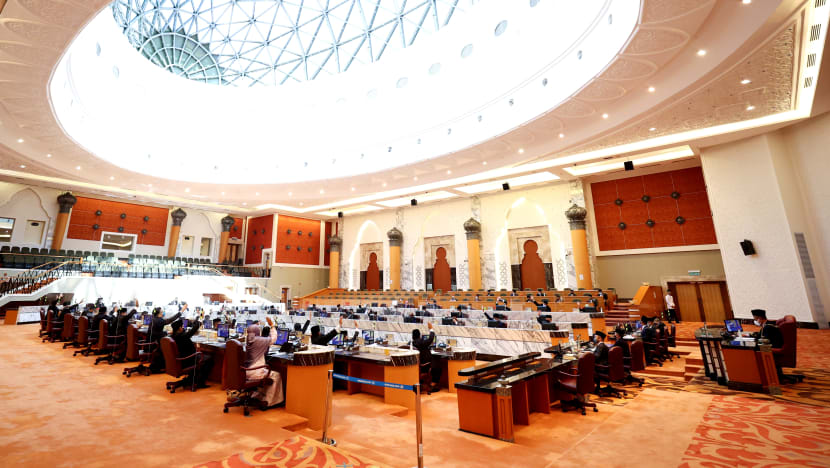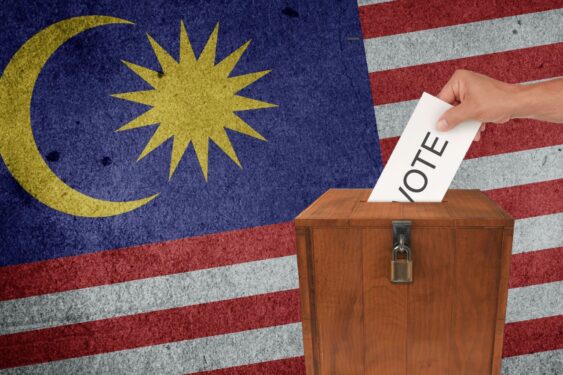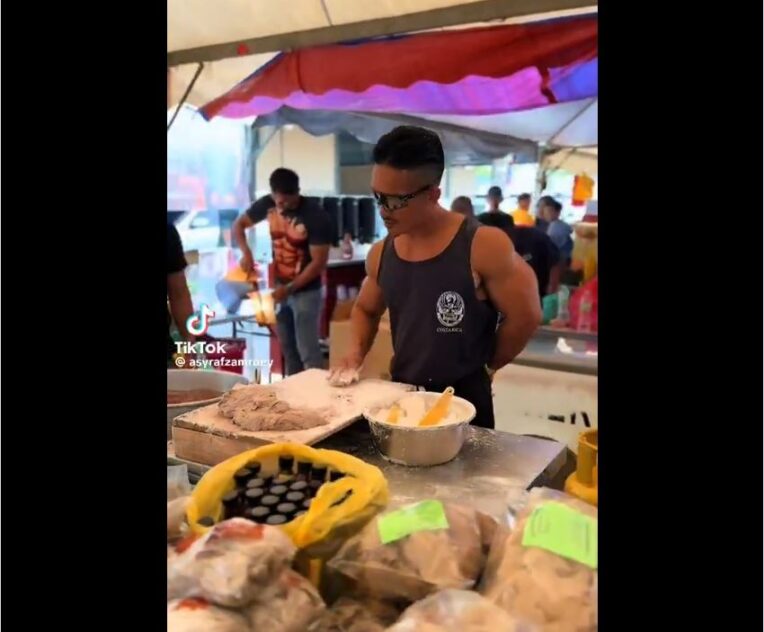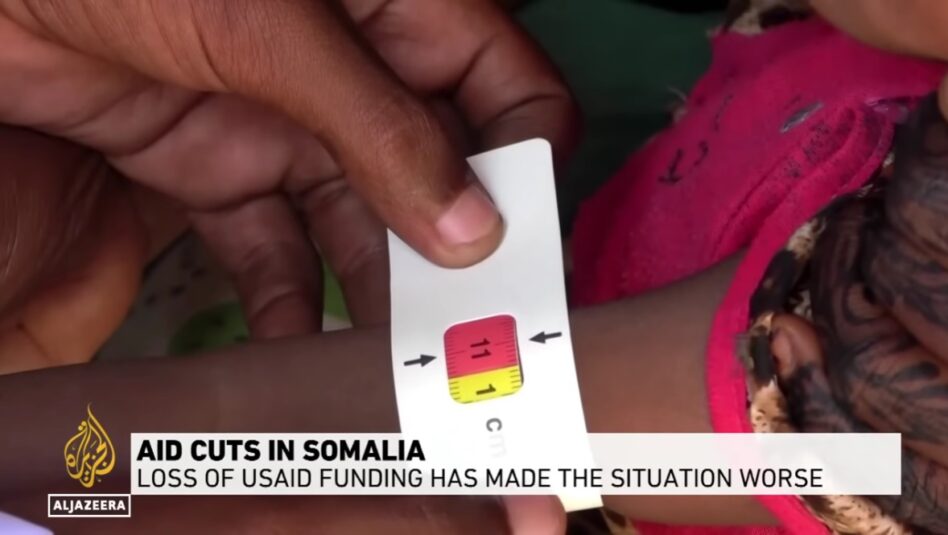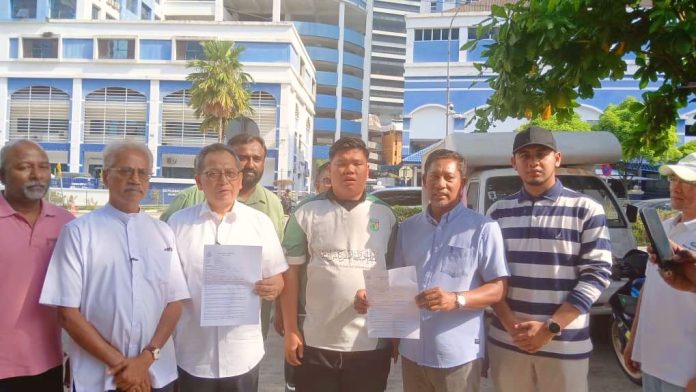THE campaign in the Johor state election officially kicked off last Saturday (Feb 26) and it will end on polling day next Saturday on March 12.
What is at stake is not just control of the Johor state government for the next five years but more importantly, the trajectory of the political landscape of the entire country moving forward.
These are five issues which will shape the elections campaign in Johor and their implications for the rest of the country.
- Contestation of ideas and action plans by all parties and coalitions
Barisan Nasional (BN) and Perikatan Nasional (PN) have released their respective manifestos for the Johor elections while Pakatan Harapan (PH) will soon release our “new deal” and action plans for Johor.
While policy issues and discussions are still not getting the media and public attention they deserve, there is now much more scrutiny over the political and policy promises each coalition is offering to the voters.
After the 2008 General Elections (GE) and especially after the 2018 GE, any coalition has realistic chances of forming the next government especially in a state that is as developed and diverse as Johor.
Beyond the “normal” political attacks and posturing, voters want to see what each candidate and each coalition has to offer in more substantive policy terms.
Voters no longer want to ONLY see how candidates can solve their local problems when elected to office as their state assembly representative.
They also want to know the plans and policies of each coalition if they are part of the next government.
They are especially interested to see how each coalition will present their plans on how to help the economy recover from the heavy toll that the pandemic has exacted especially on Johor which is very dependent on the movement of people to and from Singapore.
At the same time, as voters increase in their expectations, they also want to hear more about plans for public transportation, physical and digital infrastructure development, environmental management and flood mitigation, just to name a few.
Strategic and forward-thinking politicians will increasingly have to put forward their plans as a coalition and grouping of candidates for different regions in Johor based on local development needs.
For example DAP Johor state chairman and PH candidate for N46 Perling in Johor Bahru Liew Chin Tong unveiled his “New Deal for Southern Johor” plan earlier this week together with two other PH candidates in the Johor Bahru area namely Liow Cai Tong (N44 Johor Jaya) and Andrew Chen (N45 Stulang).
In other words, more and more voters will be looking for policy leadership from their elected representatives moving forward.
The extent to which such contestation of ideas will play an important role in the Johor state elections will also influence partly the tone and substance of the GE15 campaign especially when it comes to dealing with the negative economic and social impact of COVID-19.
- The battle to win the hearts, minds and imagination of younger and first-time voters
The total number of voters in Johor increased from 1.82 million in GE14 to 2.59 million for the upcoming state election.
This represents an increase in the number of voters of approximately 780,000 or 43%.
An important struggle that is currently taking place is the battle to win over the younger voters (those below 40) who form the majority of new voters that were recently added to the electoral roll.
According to the electoral roll that will be used for the upcoming Johor state elections, voters aged 40 and below form almost 48% of total voters and 6.5% of total voters are first time voters aged 18 to 21.
Most of these are voters are not aligned to any political party or coalition which means that their votes can be swung during the campaign by appeals to their hearts, minds and imagination.
Whether it is through walkabouts and other face to face programs, or postings on Twitter, Instagram, Facebook and TikTok or interesting videos and interactions which go viral via WhatsApp, there are many more channels and strategies which are being used by different candidates from different parties to reach out to these first time and mostly younger voters.
The extent to which different parties and candidates are able to reach out to different groups of younger first-time voters will not only influence the electoral outcome in Johor but also set the stage for a much bigger and more sophisticated electoral battle in GE15.
- The fight against political apathy and low turnout
Even as some younger and first-time voters are excited to exercise their democratic right to vote in Johor, there are perhaps a larger group of voters who may not see the need to turn out to vote mostly because of political apathy resulting by the change in government through non-electoral means in February 2020.
Why come out to vote, they are thinking to themselves, when there is no guarantee that those whom they vote into power will not “hop” to another party when it is politically and financially advantageous to do so?
We saw the effects of political apathy in the Melaka and Sarawak state elections which resulted in very low turnout.
It is quite clear that a low turnout caused by political apathy will help the BN more than it will help PN or PH.
The challenge, especially for PH, is to provide enough motivation and inspiration to shift the thinking of enough politically apathetic voters by letting them know and understand the importance of this state election for the direction of the state and country moving forward and how this will impact individual voters, regardless of race, religion, language and background.
PH must create not only the sense of urgency among the middle ground voters of not going back to the age of the kleptocrats (more on this later) but also provide hope and direction for the state and country moving forward, away from the baggage of failed and corrupt leaders of the past.
If we are able to show that we can shift the tide of apathy in Johor, then the prospects of doing the same for GE15 are much higher.
This can start the swing in the public sentiment that there is still hope worth fighting for.
- Threats against political stability and institutional reform
It would not be an exaggeration to say that a big win for BN/UMNO in Johor would be a big threat against continued political stability and institutional reform.
It may seem counter-intuitive to suggest that a return of BN/UMNO dominance in Johor is a threat to political stability in the state and at the national level.
But the reality which we must face is the fact that a big BN/UMNO victory will likely result in a push for GE15 within the next two or three months (perhaps as early as June, just after Hari Raya).
A GE15 in the middle of the year would mean that many of the institutional reforms that were agreed upon in the MOU signed by PH and the Keluarga Malaysia Government under Prime Minister Datuk Seri Ismail Sabri Yaakob would not have sufficient time to be implemented including the very important Anti-Party Hopping Law.
Many of the programmes that were put in place over the past two years to save the country from COVID-19, even as flawed as some of them were, may be jeopardised by a change in government even as the economy is recovering from COVID-19 and having to deal with the uncertainties arising from the Russian invasion of Ukraine.
The opportunity for more institutional and political reforms may be lost for the foreseeable future if Najib, Zahid and the gang (“the kleptocrats”) were to come back into power if GE15 were to be held under conditions of political apathy, continued concerns over COVID-19, closed borders and a low turnout.
- The return of the kleptocrats and turning back the clock
What would it mean for Najib, Zahid and the gang to come back into power if GE15 were to be called just after the Johor state elections and the BN/UMNO somehow returns to political dominance?
It would likely mean a turning back of the clock on much of the progress we have made, especially with regards to democratic reforms.
I do not want to imagine what Najib and Zahid will do to “escape” from their respective court cases if they come back into power.
Not to mention the revenge they will take on their political rivals, including from within their own party.
The stakes are perhaps much higher than what many people imagine.
Our challenge in PH is to make the average voter in Johor understand as much as he or she can about the stakes involved and by doing so, turn out the vote in greater rate and numbers compared to Melaka and Sarawak.
If this can be done and PH can have an unexpectedly strong showing, a sudden GE15 can be avoided and there will be more time for the economy to recover.
Most importantly, there will be a higher chance that we can move on from the shadow of the kleptocrats and move the frame of political contestation to one of good policy ideas, the quality of candidates and focusing on the future hopes and aspirations of the ordinary Malaysian and their families. – March 4, 2022
Dr. Ong Kian Ming is MP for Bangi and Assistant Political Education Director for DAP.
The views expressed are solely of the author and do not necessarily reflect those of Focus Malaysia.


